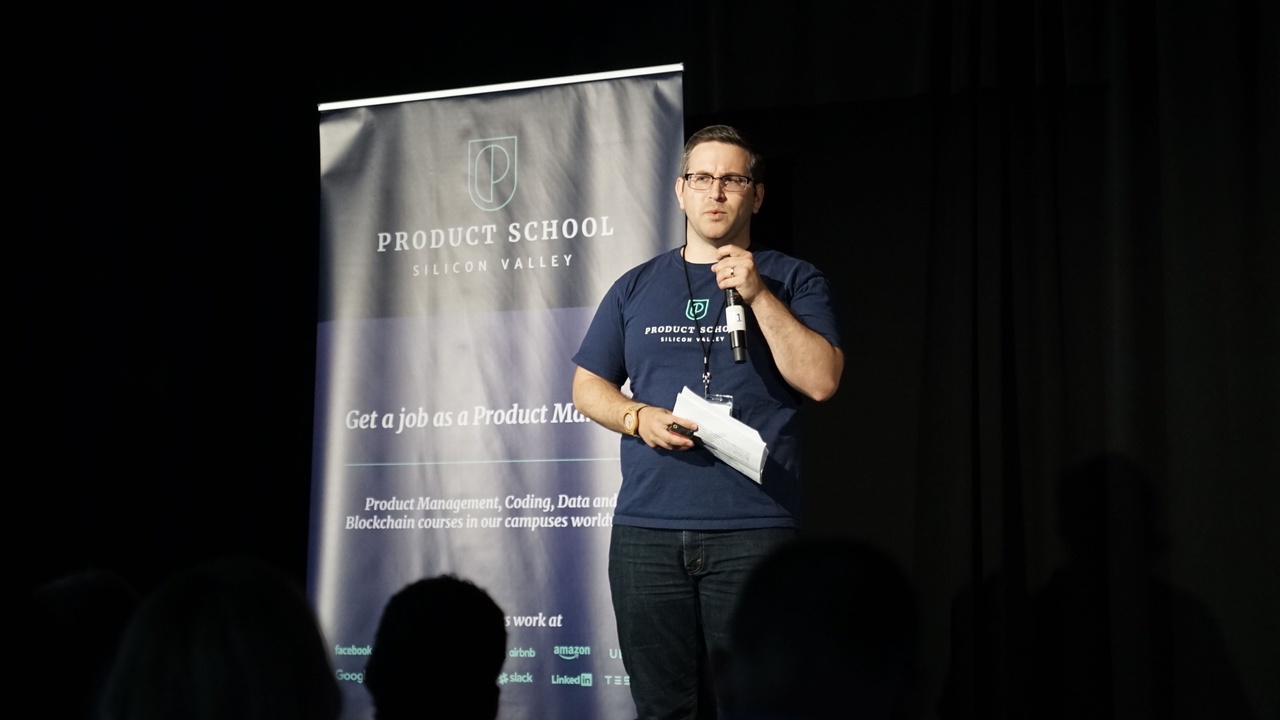5 Ways to Avoid Work-from-Home Burnout

Sharpen the Saw means preserving and enhancing the greatest asset you have –– you.
–– Stephen Covey, The 7 Habits of Highly Effective People
By John Millen
While some states are easing pandemic public restrictions, many people will still remain working from home, perhaps for the long term. Others have lost their jobs, or are uncertain of their longer-term employment.
These continuing challenges take a toll on our emotional and physical well-being.
Even before this crisis, many people were feeling burned out at work. Research shows that significant numbers of workers suffer from severe stress related to their jobs, with almost 80 percent reporting that they “regularly experience physical or psychological symptoms caused by stress.”
Prior to the pandemic, stress had increased, as workdays have become 24/7 with global responsibilities and unlimited communication access through email, calls, and texts. The harmful effects of constant work in overdrive are visible everywhere, at every level of organizations.
The phrase, “Sharpen the Saw” in Stephen Covey’s 7 Habits of Highly Effective People refers to a carpenter who uses a saw continuously so that the saw becomes dull and doesn’t cut properly.
Just as the saw must be sharpened regularly to be effective, so must we take care of ourselves to be “sharp.”
Here are five tips for keeping yourself sharp and avoiding job burnout during this crisis and beyond:
1) Take a personal audit
It all starts with awareness. You really can’t deal with a problem until you acknowledge it and understand its depths. How are you doing? Are you stressed out all of the time? Are you unable to relax or focus?
Sometimes we have blind spots and need to ask others whether they see the warning signs of stress and potential burnout.
2) Balance your diet and exercise
I’m not going to go into detail because there’s no lack of information available on these practices; rather, there’s a lack of mindset and execution.
The evidence is clear that whole foods are necessary to fuel our body’s health and well-being; it’s also clear that exercise provides energy, stress relief, and mental and emotional clarity.
We are all creatures of habit. As I wrote recently, about my five favorite books on habit formation, unless we consciously choose our habits, we may be falling into behavior that is unhealthy or unproductive.
Bring structure to your days. Start at the same time. Have a morning routine to get ready. Dress for the day. It doesn't have to be business casual, but the sweats or leggings may not be putting you in your best frame of mind. You can change into your relaxing clothes later to mark a transition from your workday.
4) Rest, relaxation, and sleep
The benefits of sleep have been well documented. The problem is that many of us don’t take the necessary steps to protect and promote effective sleep.
Also, it’s critical to take breaks regularly and learn to relax. Many people find meditation and journaling in the morning to be helpful in starting their days.
5) Take a technology break
During this crisis, we are inundated with negative news and you'll be wise to take a break. Even without this current negative news, we are all distracted and, for many of us, compulsively addicted to our phones and other screens.
This constant pinging in our subconscious, this yearning for drops of dopamine in our brains, doesn’t allow our stress levels to subside. We need to learn to control our smartphone addiction.
How about you?
How do you monitor and control your stress?
Have you asked people you trust if they see signs of burnout in you?
Too many of us respond to work’s demands, like Pavlov’s dogs, without thinking.
Especially now, we need to step back, reflect and act in ways that will preserve our physical and emotional health while improving our results.








